Deciding between a course in home health aide or assisted living community career? Perhaps a look into the current job market and future trends can help settle that question.
The silver wave isn’t on its way, it’s already here and by 2030, one in three Americans will be older than 50.1 Baby boomers are reaching the age where they need medical care around the clock. They have aged and the that top-heavy generational gap is going to be a larger part of our national social discussions. Technological advancements and changing trends point towards the necessity for more care one way or another. Now the question has become: what options are available to ensure they get the care that they need?
Students looking for accelerated nursing programs in Florida or home health aide training courses in Florida, the choice of career is more difficult than ever. A solid grasp of the future of each of these medical career’s choices can help students choose the right path for them.
Do Guardians Prefer Home Health Aide or Assisted Living Community?
Perhaps the most important question for students is: what choice are more baby boomers making? Are they choosing home health aides or are they moving into assisted living communities?
The AARP released a study that confirms that 87% of Americans over 65 want to age in their own homes.1 This is good news for medical students who are considering a career as a home health aide. And as technology increases, at home nurses will have the tools to make their jobs and the lives of their patients much easier.
Is It Realistic to Assume Boomers Will Be Able to Live at Home?
And herein lies the real question. It’s natural to expect seniors will want to live in their homes as they age, but will this be a reasonable option?
According to a study by Forbes, “75 percent of people said failing health is the leading push factor that would cause them to move into an assisted living facility, up about 25 percent from 10 years ago. The second biggest push factor is the loss of the ability to drive at 30 percent.” 2
We can assume the need for home health aides is going to climb, like it has in some states like Michigan where the medical community is desperate to find HHA certified staff.3 This need makes it easy for students to see the benefit between a career as a home health aide or assisted living community nurse.
It’s a Difficult but Rewarding Job
The benefits of a job as a home health aide include complete focus on a single patient, a position outside of a medical location, and less workload as related to juggling multiple patients.
One of the main drawbacks can be the number of hours you accrue as a home health aide that are note logged in as paying hours. Recently, home health aide workers protested outside of the New York Course of Appeal in Albany, NY, asking for fair wages for hours worked.
In New York, home health aide workers only receive pay for 13 hours, even if they work for 24 hours. Though this is not the case for Florida HHA workers, it is something that should be considered.
Learn more about FVI’s home health aide school in Miami, FL. Get your home health aide career started in as little as 9 weeks! Contact us to learn more about our programs and how you can get started today!
Sources:
[1]: AARP – Baby Boomer Facts and Figures
[2]: Forbes – Home Health Aide Or Assisted Living Community: Changing Trends
[3]: NBC News – Michigan’s dangerous home health aide shortage









